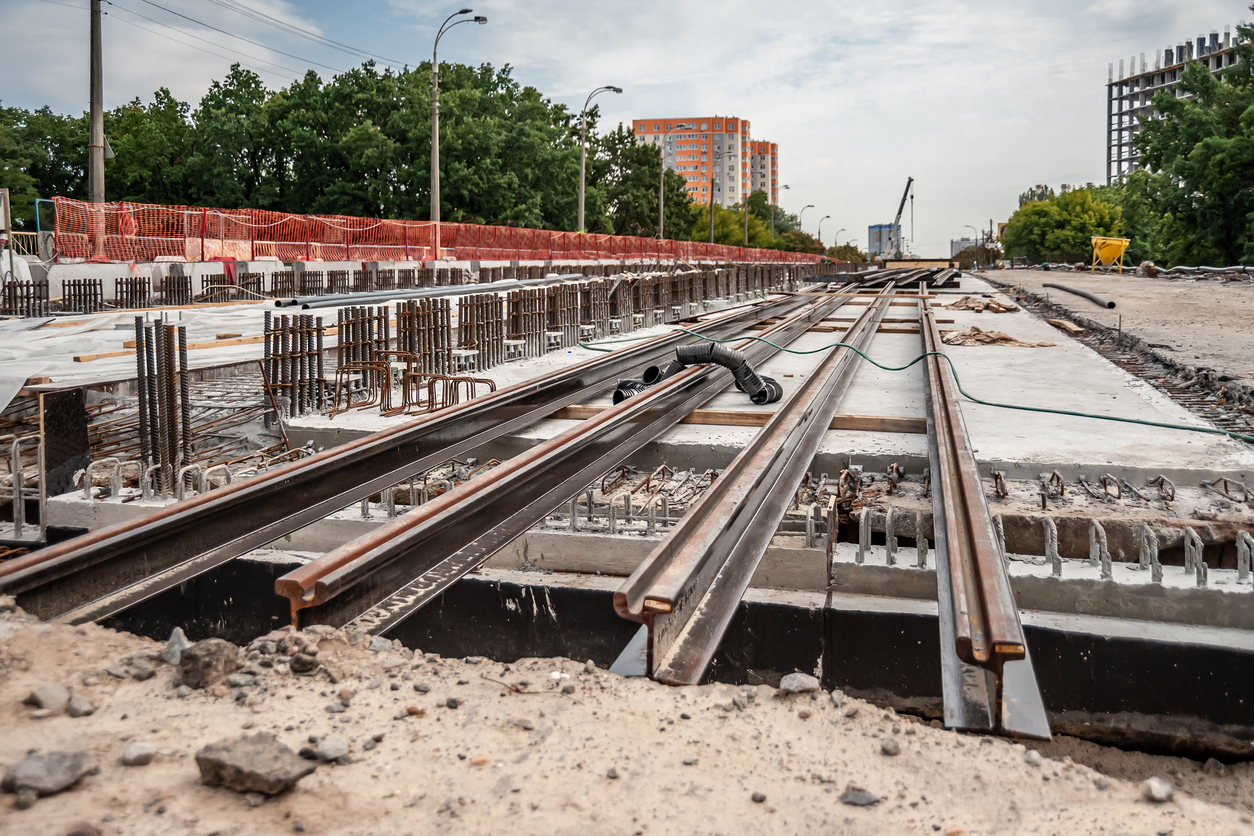Sound Transit officials complain about fairness while unfairly overcharging taxpayers

President Trump’s 2018 budget proposal, if passed, would not give Sound Transit the public money they feel entitled to. This includes $1.1 billion for the Lynnwood-Northgate light rail extension, and $500 million for the Angle Lake-Federal Way extension. The Trump Administration says that, “local transit projects…should be funded by states and localities that benefit from their use.”
Sound Transit, which is under a legislative investigation for misusing public money and unfairly overcharging taxpayers on car tabs, responded by complaining that they are being treated unfairly.
Here is a highlight from their press release:
"The administration's assertion that our regions can deliver transit solutions for our citizens without federal partnership is uninformed, misguided, and unfair. The voters of our communities stepped up and voted to tax themselves to provide a path out of punishing congestion. For that bold action, they should be rewarded at the federal level, not punished.”
There are several ironies about this statement.
- Sound Transit officials say they want fairness for taxpayers – but have fought every legislative proposal that would bring fairness to taxpayers. They testified against legislation that would make them directly accountable to taxpayers, and against legislation that would correct their unfair car tab overcharge scheme and bring real relief to the public.
- Sound Transit officials say that taxpayers voted for increased taxes “to provide a path out of punishing congestion.” Transit use does not reduce traffic congestion, a fact that Sound Transit officials and their friends at Transportation Choices Coalition reluctantly acknowledge. Light rail makes traffic congestion worse for those who do not choose it – including more than 80% of the region that drives, as well as freight, buses, and emergency responders.
- Sound Transit officials admit that people voted for taxation – not specific projects. Sound Transit’s only real contractual promise to voters is the promise to tax. Their statement that people “voted to tax themselves” is a shift from far less accurate but more emotionally appealing language the agency has used in the past:
- In March, when Sound Transit faced a similar federal funding gap, officials said that they were “determined to build the projects that voters approved” despite potential cuts.
- After Sound Transit came under fire for overcharging taxpayers on car tabs, they insisted on keeping the overcharges in place, saying they must deliver light rail because “a promise is a promise, it’s a contract.”
- In response to the Senate launching an investigation into the agency, they said, “Sound Transit is committed to delivering voter-approved projects and is busy doing so.”
- Sound Transit officials say that taxpayers should be “rewarded” for paying higher taxes for light rail, rather than getting “punished” with the full cost. Despite acknowledging the punishment in paying high regressive taxes for light rail, Sound Transit officials also say that no matter what, “light rail is still going to Lynnwood” and taxpayers will pay for it.
- The “reward” of federal money is not free. It is paid by taxpayers in Montana, Pennsylvania, Illinois, and every other state in our nation. This money is more a reward from one bureaucracy to another and encourages agencies like Sound Transit to expand costly and impractical programs whether they bring value or not. Instead, public projects should be funded based on merit and public demand – not the political agendas that are tied to the distribution of federal grant money. Funding can be accomplished locally or through limited federal financing mechanisms. People are willing to pay for projects if they know their money is not being wasted on things they do not use or benefit from.
Overall, the Administration’s policy that transit projects should be funded by people who directly benefit from them – and not by taxpayers in other states – is logical and fair. What is unfair is tying federal grant money to political monuments like light rail, which reduces mobility and increases traffic congestion throughout the region.






